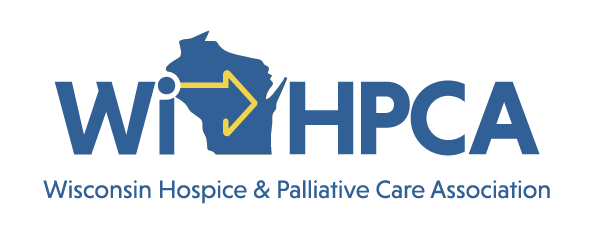De Pere, WI – Unity is proud to announce the award of a $30,000 grant from the Otto Bremer Trust to support and expand specialized pediatric palliative and hospice care services for children and their families in Northeast Wisconsin. This vital funding will also enhance grief support programs tailored to children and teens impacted by a death.
“This generous investment from the Otto Bremer Trust enables us to provide compassionate, family-centered care during the most difficult of life circumstances,” says Alisa Gerke, Executive Director of Unity. “No child should face a serious illness alone, and no family should be left without support during grief. Thanks to this grant, Unity can serve more families with the expertise, tenderness, and commitment they deserve.”
Unity is the only local nonprofit in the region offering specialized pediatric palliative and hospice care across a 14-county service area. Unity’s care model offers concurrent care, allowing young patients to continue life-prolonging treatments while also receiving home-based visits from an interdisciplinary team including nurses, social workers, chaplains, and grief counselors, all specialty-trained in pediatric care. From 24-hour nurse and social worker access, to pain management, emotional support, and spiritual care, Unity meets the needs of the entire family.
Beyond direct medical care, this grant will also support:
- Specialized pediatric training and resources for care teams
- Therapeutic and comfort items for young patients
- Legacy projects such as voice recordings and keepsake kits
- Age-appropriate educational materials for families
- Grief counseling and peer support groups for children and teens
- School-based outreach and professional training for education
Unity’s grief services are delivered throughout the community and at the Unity Grief and Education Center, the region’s only standalone grief center. Licensed staff provide one-on-one counseling, grief groups, school programs, and family support. Knowing grief can deeply affect a child’s development, mental health, and academic performance, Unity’s grief services respond with skilled, age-appropriate care. In the past year, 32 children ages 4–18 received individual counseling at the Unity Grief and Education Center. Our licensed counselors create safe spaces with therapeutic tools and play-based activities, allowing children to process loss in a way that fits their developmental stage.
Unity’s Generations program supports the whole grieving family. Over the past year, 15 families with 22 children participated in sessions that begin with a shared meal and divide into peer-based groups. These gatherings help children and teens feel understood and less alone in their grief, while offering coping tools to both kids and caregivers.
Unity’s school grief program reduces access barriers and supports children in familiar environments. Last year, 185 students participated in grief groups across 12 schools, with an additional 522 students and staff supported through professional trainings, debriefings, and school-wide grief resources.
The Otto Bremer Trust, committed to strengthening communities throughout the region with a focus on children’s health and disability services, aligns closely with Unity’s goal to provide dignified, holistic care. Through the partnership, Unity will ensure more families are compassionately supported throughout a child’s serious illness.
About Unity
Unity is Northeast Wisconsin’s pioneering not-for-profit healthcare provider that offers a full complement of care solutions including nonmedical home care, palliative care, hospice care, and grief support. With a commitment to seamlessly adapt care to the everchanging needs of each patient and family, Unity works tirelessly to enhance quality of life through innovative services and unique programs ensuring the wishes and goals of patients and families are always met. As the only locally owned and operated advanced illness provider in the region, Unity partners with area skilled nursing facilities, assisted-living facilities, and pharmacies, ensuring seamless care in all settings. Unity is the sole organization offering inpatient hospice at seven area hospitals and is a collaboration between Emplify Health by Bellin, HSHS St. Mary's Hospital Medical Center, and HSHS St. Vincent Hospital. Established as the third hospice program in the nation, Unity launched Wisconsin’s first palliative care program in 2002, the area’s first hospice residence in 2007, the region’s only Grief and Education Center in 2021, and the area’s first pediatric hospice program in 2024. Learn more at https://unityhospice.org/.
